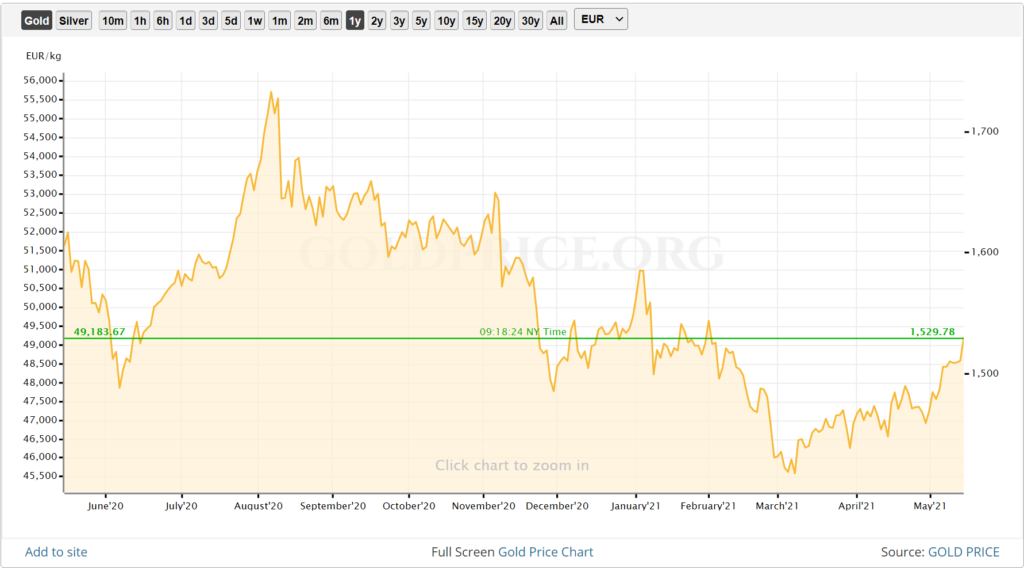In one of the articles I said that young people should not concern themselves with saving money, but should instead invest in themselves – in their skills, equipment, connections and creating opportunities. However, at the same time I’ve been teaching my kids to buy gold bullion with their savings, and to save as much money as possible.
That is because there’s a big difference between a general rule and one’s specific circumstances. You see, the general advice to young people would be to educate themselves in order to acquire marketable skills in the area they have the most talent and affinity for. Also, they should equip themselves for functioning in the world, which means having a computer and a smartphone, an Internet connection, means of transportation and so on. However, what happens when someone already has all the above taken care of? If you already have all the hardware, should you keep throwing money at something that isn’t a problem? So, that’s how we get to the advice given to a specific person that contradicts the general rule.
Also, my general advice is to put the savings into precious metals, but if someone doesn’t make that much money, it might be preferable to put it all into efforts designed to make you more productive. If you’re not making enough money, saving isn’t and shouldn’t be your priority, because making more money is actually a solution to your specific problem. Saving money is great if you’re actually making money, but if you’re not, what are we even talking about?
Also, putting money into productive assets is of course preferable to putting money into precious metals; keeping money is good, but making more is essential. Also, you want to invest in stock that pays dividend and similar things that create passive income for you, unless you want to keep working until you die. However, that is a general rule. If the stock market is in a bubble, and all the stock prices are divorced from the fundamentals, investing money there is just asking for trouble. The same goes for crypto. Sure, it is profitable, if you get in early, sell below the peak and laugh all the way to the bank. However, the Ponzi schemes are also profitable if you get in early, and gambling is also profitable if you keep winning. That does not mean that gambling and investing in Ponzi schemes is a good idea in general. Some people get rich investing in weird shit, or by sheer dumb luck, or due to a freak event. Those same people usually lose it all later, when you’re not looking, and when they are no longer bragging loudly for all to hear. So, making money is better than saving, but saving is much better than losing or wasting money. Any recommendation needs to be tailored to the specific needs of the individual in question, and general advice is here only to aid one in correct thinking and planning.
As a general advice, I wouldn’t recommend people in the European Union, where VAT of over 20% is paid on purchase of silver bullion, to buy physical silver; buying fully allocated vaulted silver makes much more economic sense, and you only pay the VAT and other forms of overhead if you want it delivered into your custody. And yet, I recently bought a substantial amount of 1oz silver coins. Why? Because it is not wise to be completely exposed to remote entities where you can assert only a limited degree of control even in the best of circumstances, and in the worst case you can be cut off from your metal. The recent situation with the Perth mint, where clients were basically unable to have “their” metal delivered, and the word “default” was mentioned more than once, is a good warning – when the pressure on all sorts of financial entities increases, many weaknesses will be exposed, and what is now deemed reliable might not remain so indefinitely.

